
Pacific Glass Media was founded in 2008 to meet the needs of the Seattle glass fabrication plants to consistently and reliably handle the growing waste cullet stream.
At that time Seattle was growing as was the flow of waste cullet. The biggest user in the area unexpectedly and without warning stopped using this material.
This caused a big problem in the industry and a huge added expense to landfill.
Due to prior handling of the material the local counties prohibit the stockpiling of this material.
It must be used as it comes in or it must be landfilled.
A partnership was quickly formed to handle this issue. Pacific Glass Media was born with the dual mission of suppling a new fiberglass plant being built in Moses Lake with glass cullet media feedstock and diverting all the incoming stream away from the landfill.
The partnership was short lived due to the devastating downturn in the economy. Unfortunately for PGM and the city of Moses Lake the fiberglass plant was shuttered before it ever produced any product.
PGM opened as a sole proprietorship that would pivot to find a new user. The main criteria for finding a suitable consumer was a company big enough to use all the material that came in along with any surge. What came in had to go out.
A new partner in this endeavor joined shortly after the collapse. This new user had the need and the for-site to agree to the terms and Pacific Glass Media was forged through the worst economy our nation has seen since the great depression.
Now with a fully dedicated rail site just south of Seattle and fully committed customers willing to step up when needed, PGM is ready and well suited to meet the demands of the local glass market.
Clean Simple Reliable
It was the best of times; it was the worst of times.
The Bonney Lake Project is a clean-up project in Buckley Washington. This is a county
owned property that contained a large pile of glass that was about 10,000 tons. Phase 1
of the project involved about 6,000 tons of sorta clean cullet that PGM cleaned, sold and delivered
to our customer over the course of about 6 months. Many challenges were overcome during this time.
The movement of such a large amount of cullet over such a long way in a relative short amount
of time was no easy task, but compared to Phase 2 it was a cake walk.
Phase 2 was a pile of basically scrap mixed with glass and windows and alike; so we thought.
The plan was to get a large screen on-site and screen out the scrap leaving clean usable
cullet. Phase 2 was scheduled to take another 6 months. This was a major miscalculation.
When the excavators began digging we found much more non-glass related scrap then we ever anticipated.
After the first week of screening a huge problem was painfully obvious. The entire pile was mixed
with some sort of soil. This meant it all had to be washed. A couple years later Phase 2
has netted around 1000 tons of usable material and cost way more then ever imagined. Many
lessons have been learned along the way and more then a few tears shed.
More updates to follow.